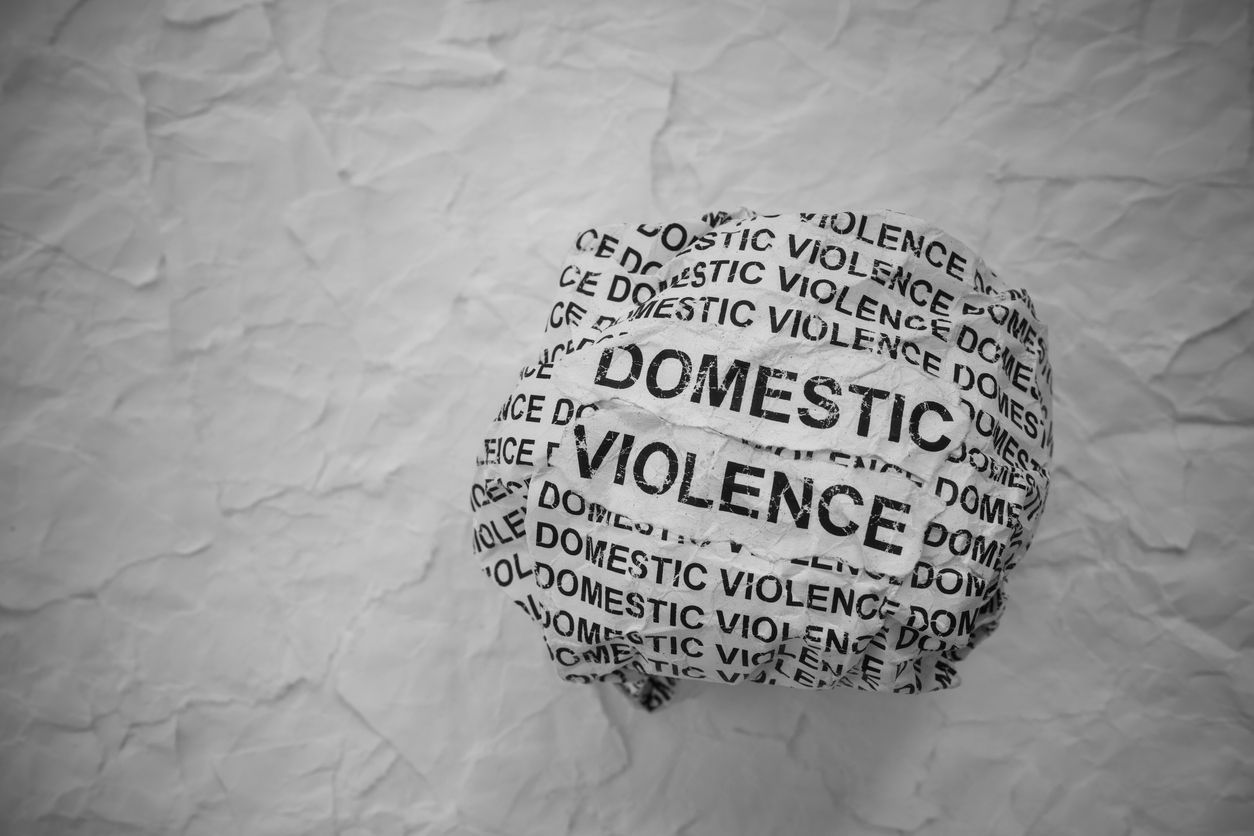Can You Challenge a Domestic Violence Protection Order in Court?
Being served with a Domestic Violence Protection Order (DVPO) can be a deeply unsettling experience. These orders, intended to protect individuals from domestic abuse, are powerful legal tools.
However, they can also impose severe restrictions on someone not convicted of a crime.
If you believe a DVPO has been unfairly imposed on you, it is essential to understand your rights and the options available to challenge the order in court.
What Is A DVPO, And Why Are They Issued?
A Domestic Violence Protection Order is a civil order issued by the magistrates’ court. It is usually preceded by a Domestic Violence Protection Notice (DVPN) issued by the police in the immediate aftermath of a domestic incident. The police can serve a DVPN without the consent of the alleged victim, based on their assessment that the individual is at risk of further violence or abuse.
The DVPO extends the DVPN's restrictions and can last up to 28 days. It typically prohibits the alleged perpetrator from returning to a shared home or contacting the person they are accused of harming.
The intention is to create a short-term safety period for the alleged victim, allowing them time to consider further steps such as applying for a Non-Molestation Order or seeking long-term support.
Importantly, the DVPO is a civil order, which means it doesn’t result in a criminal conviction. However, breaching the order is a criminal offence and can lead to arrest, fines, or imprisonment.
Can You Legally Challenge A DVPO?
Yes, it is entirely possible to challenge a DVPO, but the window of opportunity is narrow, and the process is fast-moving. Once a DVPN is issued, the police must apply to the magistrates’ court for a DVPO within 48 hours (excluding weekends and public holidays). This hearing is your first and most crucial opportunity to contest the order.
At the hearing, the court will decide whether to impose a DVPO at the hearing based on the evidence presented. The burden of proof is on the balance of probabilities, not beyond reasonable doubt as in criminal cases.
This means the police only need to convince the court that it is more likely than not that violence or the threat of violence has occurred.
You have the right to attend this hearing and to be represented by a solicitor. You can present evidence, cross-examine witnesses, and argue that the DVPO is unnecessary or proportionate in your case.
If the court is not satisfied that the conditions for granting the order are met, it may decide not to impose it.
What Kind of Evidence Is Used In Court?
The police will usually rely on statements taken at the scene of the incident, body-worn camera footage, and any relevant background information about previous call-outs or reported concerns. In some cases, they may also submit written statements from the alleged victim, although this is not always necessary.
You have the right to submit your own evidence. This could include your own account of events, witness statements from people who were present, or evidence that contradicts the version of events put forward by the police.
Legal representation can help you identify the most useful types of evidence and ensure that your side of the story is presented clearly.
Can A DVPO Be Appealed?
Unfortunately, DVPOS cannot be appealed through the usual court channels once granted. The law does not provide for a formal appeals process in the way that criminal convictions can be appealed.
However, there may be a route through judicial review if you believe the court made an error in law or failed to follow the correct procedures.
A judicial review is a complex legal process that must usually be initiated within three months of the order being made. It is not a rehearing of the evidence but rather an examination of whether the decision was made lawfully and fairly.
If you are considering this option, it is vital to consult a solicitor with experience in judicial review and public law challenges.
What Happens If You Breach A DVPO?
Breaching a DVPO is a serious matter. Although the order is civil, any breach is considered a criminal offence. If you fail to comply with the terms, for example, by returning to the family home or contacting the alleged victim, you can be arrested without a warrant.
The penalties for breaching a DVPO include up to two months in prison or a fine of up to £5,000. The police and courts will likely take a dim view of any breach, regardless of the circumstances.
Even accidental breaches, such as unintentionally bumping into the protected person, can lead to enforcement action if the order terms are clear.
If you believe the terms of the DVPO are unreasonable or difficult to follow, you must raise this at the hearing. Once the order is in place, it is legally binding and cannot be changed without court approval.
The Importance of Legal Representation
If you are facing a DVPO application, you should seek legal advice immediately. A lawyer can help you understand the potential consequences, assess the strength of the police evidence, and assist you in preparing your case.
They can also speak on your behalf in court, cross-examine police witnesses, and protect your rights.
Legal aid may be available in some cases, particularly if the DVPO could lead to homelessness or restrict access to children. Even if legal aid is unavailable, some law firms offer fixed-fee packages or payment plans for representation in DVPO hearings.
Don’t underestimate the seriousness of a DVPO just because it is a civil order. It can affect your housing, employment, parental rights, and reputation. Having an experienced lawyer on your side can make a critical difference in the outcome of your case.
What to Expect After the Hearing
If the DVPO is not granted, you can return to your everyday life, although police may continue to monitor the situation. If the DVPO is imposed, you must comply fully with its terms for the full duration, which can be up to 28 days.
After this time, the order expires unless the police or the alleged victim takes further action.
It’s important to note that a DVPO cannot be extended or renewed. Once it expires, there are no ongoing legal restrictions unless other orders, such as a Non-Molestation Order or a Restraining Order, are applied for separately through the courts.
Do You Need to Challenge A DVPO? Call Eventum Legal Today!
Being served with a Domestic Violence Protection Order is a serious legal issue that requires swift and informed action.
Although DVPO’s are designed to protect alleged victims, they can have significant consequences for those they are imposed upon, particularly if the allegations are disputed or the process is not fully understood.
If you believe the DVPO is unjust or disproportionate, you can and should challenge it at the court hearing. With the right legal support and preparation, it is possible to defend against the order and protect your rights successfully.
If you’re facing a DVPO and need expert advice or representation, don’t delay.
Speak to a lawyer who specialises in domestic abuse defence and take the first step towards securing a fair outcome.




